Kill is not the straightforward action movie you think it is
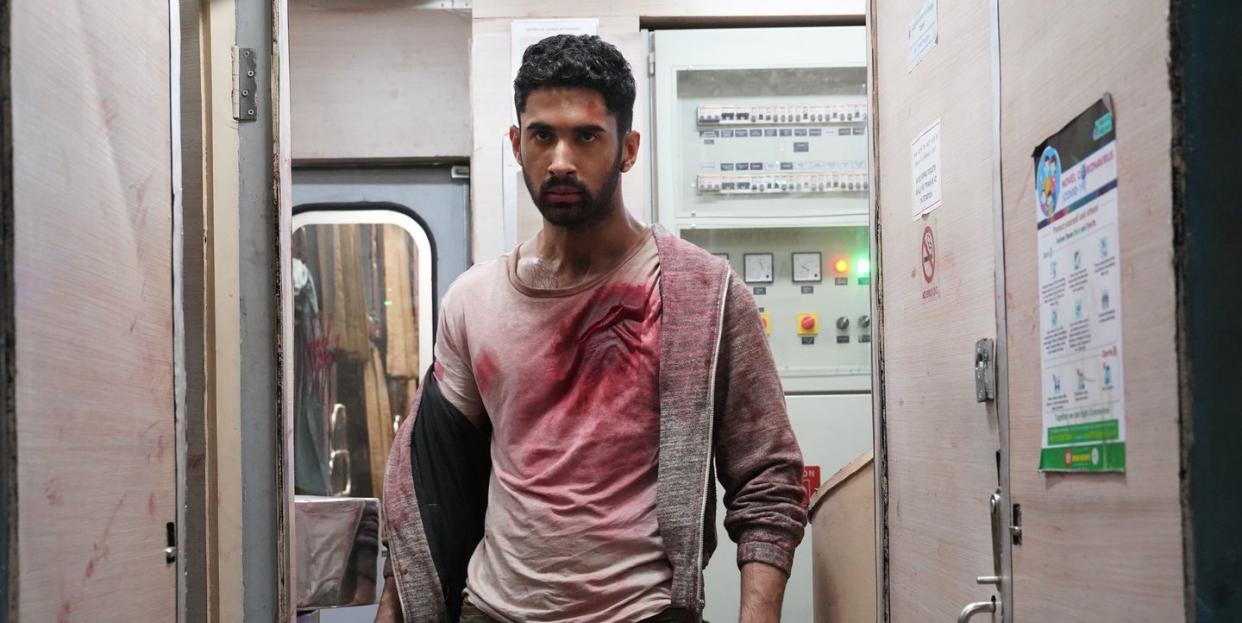
Kill starts out just like any Bollywood film: a close-up of a handsome male lead, a phone call with a beautiful young woman, a love story clearly already in bloom.
But Kill is not a romance movie – in fact, it's one of India's most brutal, violent and bloody action movies that turns notions of good and evil on their heads and defies audience expectations.
Starring Indian actor Lakshya in his first film role as Amrit, an Indian army commando, the film follows as he races to derail the arranged marriage of his secret sweetheart, Tulika (Tanya Maniktala). As Tulika and her family return to New Delhi after her reluctant engagement celebrations, Amrit and his fellow commando Viresh (Abhishek Chauhan) join the same train to help get Amrit's girl back.
So far, so straightforward – that is until a group of dacoits (armed robbers) steal on board. Dozens of men threaten, abuse and loot innocent passengers, wielding guns, machetes and more.
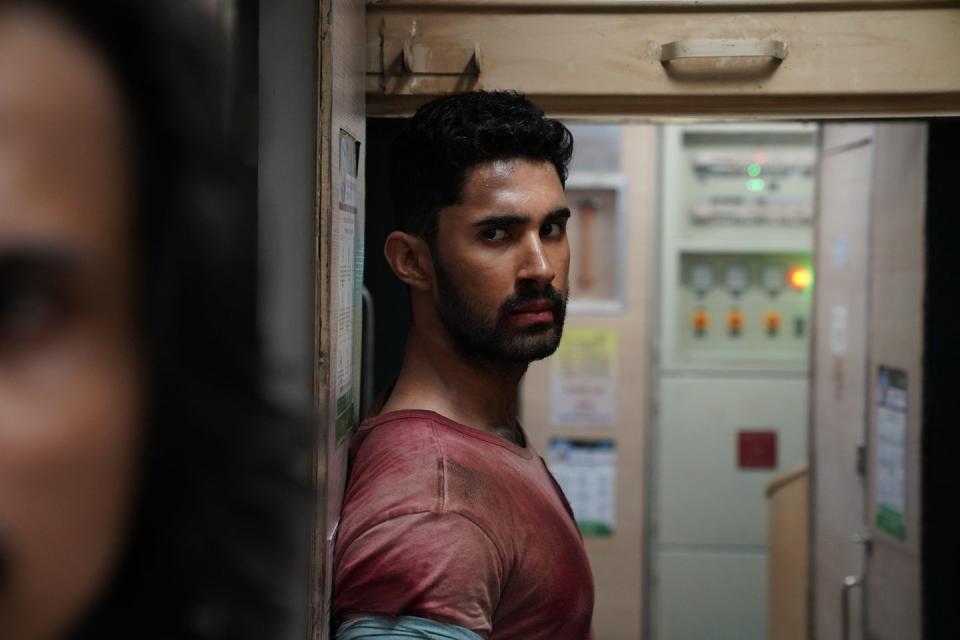
Led by the cold-hearted Fani (played by Raghav Juyal in a standout performance), the crew execute their plan smoothly, remotely organised by the gang's top dog, Fani's father. What they failed to plan for, however, was two military-trained servicemen hellbent on protecting Amrit's one true love.
What follows could have been a simple case of good (Amrit, Viresh) vs bad (Fani and his dacoits) but Kill takes things in an interesting direction, changing course from the usual action movie plot set up by the trailer. Written and directed by Nikhil Nagesh Bhat, the film throws out curveballs and questions, shifting audience loyalties as the train rumbles on.
As Amrit and Viresh fight their way through the unsuspecting dacoits, bones are broken and heads land heavily on carriage floors. It's a ferocious attack that leaves blood splattered across the train, and one that amps up as Fani takes Tulika at knife-point.
It's a move made amid the assault on his mob, who turn out to be uncles, cousins, fathers and sons. What was meant to be a simple robbery has become a mass family murder, and now each neck snapped is no longer just a replaceable petty thief, but a blood relative to be mourned.
With the stakes raised, the violence increases and Fani goes against his father's plan to start killing passengers. One key death feels particularly cruel, exemplifying Fani's ruthlessness and sending Amrit into a white-hot rage. It's this catalyst that leads to Kill's most murderous rampage.
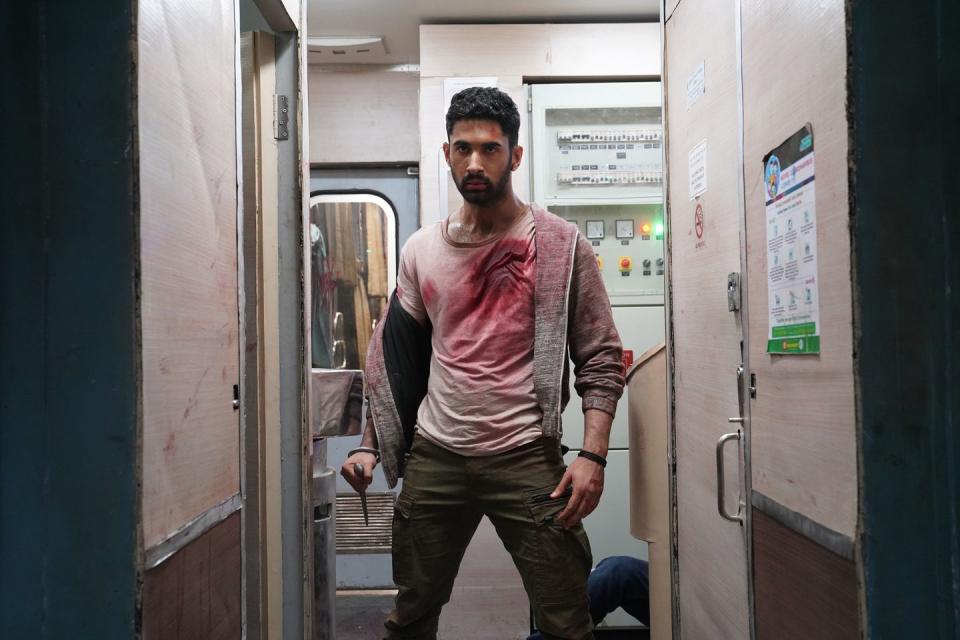
Kill's fight scenes pull no punches, so to speak – many audience members will watch from behind their hands as hammers slam into faces and knives gouge out eyes.
Most of these deaths are collateral damage, but Amrit's pure brute force begins to move past the justifiable. A fire extinguisher slams down on someone's head more times than is necessary to immobilise them, while in one particularly memorable scene Amrit lights a character's head on fire from the inside out.
Our once-noble hero proceeds to string up his conquests through the aisle of one train carriage, forcing the dacoits to push through curtains of their beloved deceased. It's a move we expect from a film's villain, something Amrit appears to be edging ever closer towards.
His opponent Fani, our textbook villain, has his own battles to face. His merciless cruelty seems to stem from a desire for approval and love from his criminal father. Bhat describes Fani as "driven by power and steeped in misogyny", using this robbery-gone-wrong as a chance to prove himself and impress with an improvised kidnap plot.
But despite what he sees as slick thinking, his father's respect clearly isn't forthcoming. It's this realisation that wounds Fani more than any beating and considering most of his family are now dead, gives him nothing more to lose.
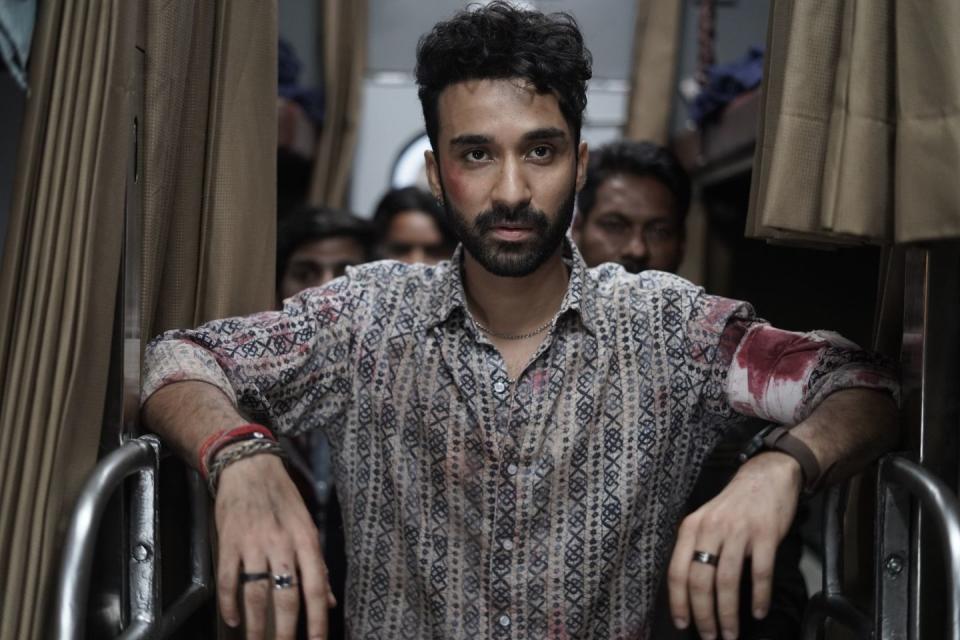
In a final showdown between our two fighters, Fani surveys the destruction Amrit has caused, asking him: "I killed four of your people, you killed forty of mine. Who kills like this? You're not a hero, you're a f**king monster."
In Hindi, the line translates to asking whether Amrit is a "rakshak" (a protector) or a "rakshas" (a demon). It's a comment that could pull the real-life Indian army into question too.
Kill uses Amrit as a device to ask whether the service protects all people or just serves the political elite and their divisive policies, and not least whether we can trust soldiers not to take advantage of their power.
It's a diversion from Bollywood's usual portrayal of the armed forces as arbiters of good. Indian films have tended to portray pro-government and anti-Pakistan sentiments, reflecting India's troubled political situation and increased military activity. With a recent shift even further to the right, military servicemen are shown as heroes on screen, no matter their behaviour.
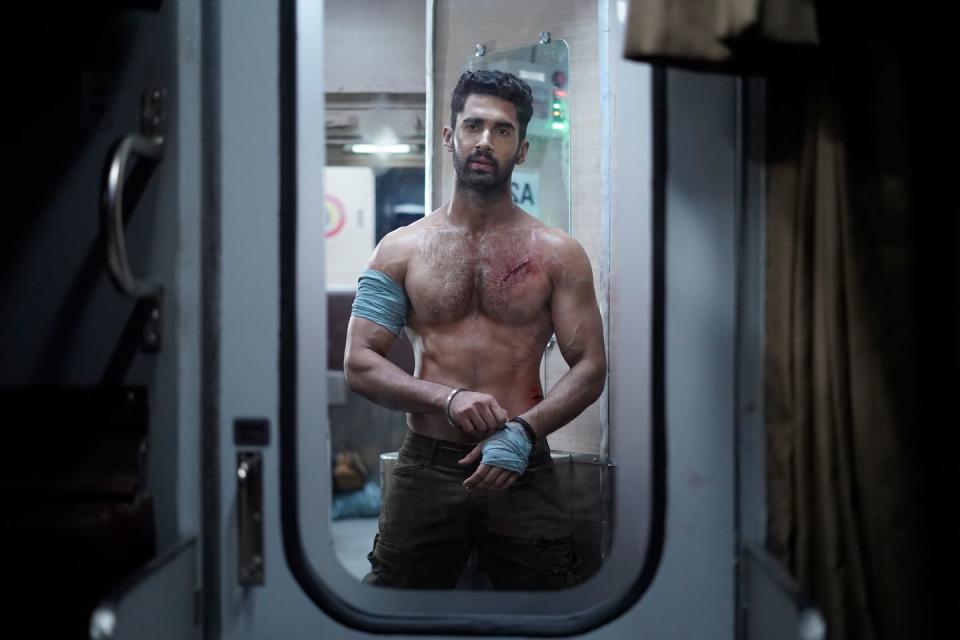
Kill cuts through notions of black and white, positioning heroism and villainy on a sliding scale.
While it might have been framed as a classic story of good versus bad, instead the film asks audiences to consider whether Amrit's actions are truly justifiable and whether there's a grain of redemption for Fani.
Kill's final scene might not please everyone, but these deeper themes are a refreshing – and gory – addition to the Bollywood action canon.

Kill is out now in cinemas.
You Might Also Like

 Yahoo Movies
Yahoo Movies 
